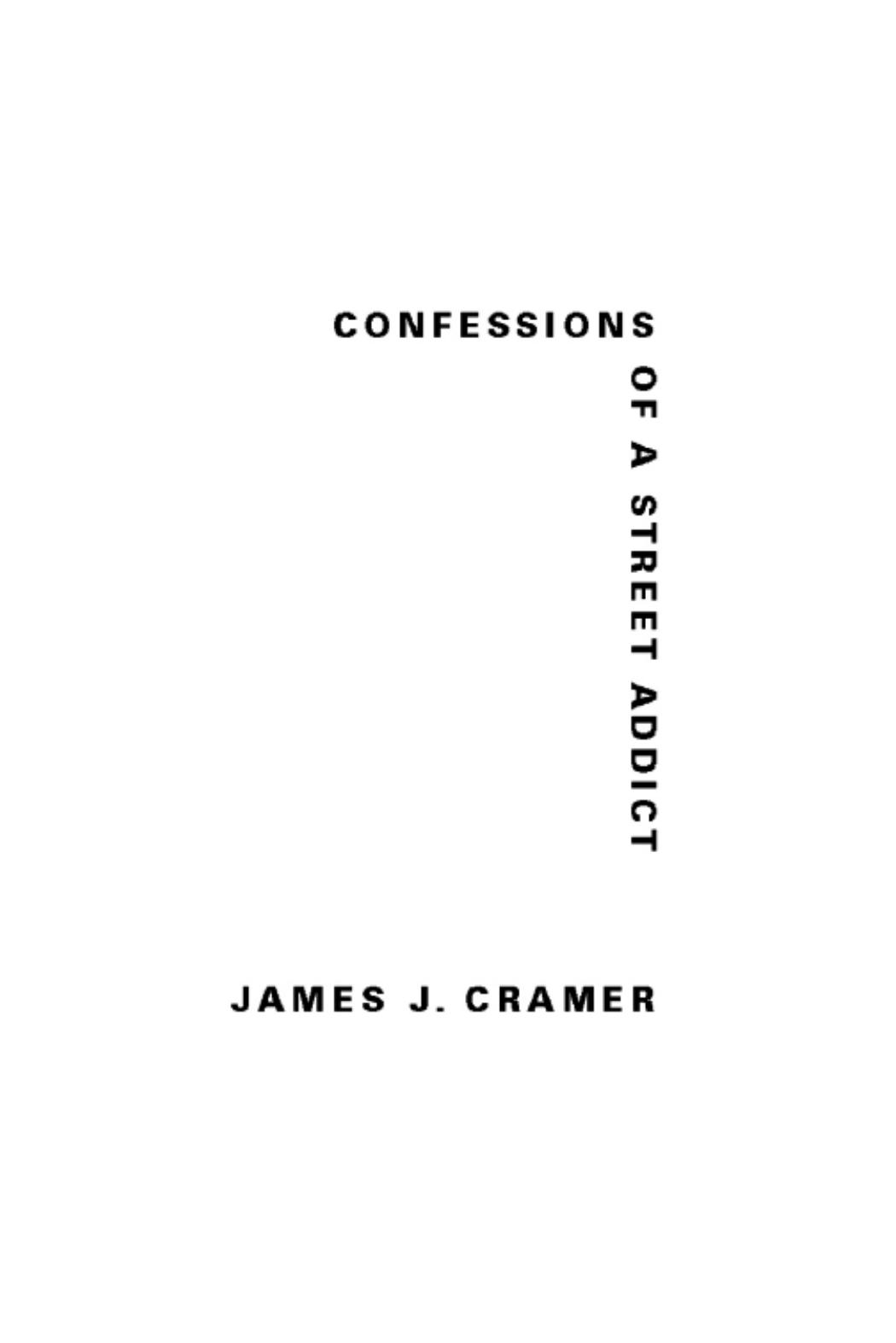Confessions of a Street Addict by James J. Cramer

Author:James J. Cramer
Language: eng
Format: epub, pdf
Publisher: Simon & Schuster
CHAPTER 14 Crisis in 1998:
Part One
Y ou don’t ever get tenure in this hedge fund game, no matter how many years you beat the market. There’s no job security, no real sense of anything permanent. No First National Bank of Cramer’s Hedge Fund. You can be up 60, 70, 80 percent one year, shoot the lights out, and then disappoint the year after and be put right out of business, have to go back to the firm you were at before you started—if they will take you. In good years, making $10 to $20 million personally is almost a given if you are handling more than $300 million as I was going into 1998 and if you know what you are doing. The recipe is simple; at the end of the year you take 20 percent of the gains you made, both realized and unrealized. You simply journal the profits from the limited partners’ accounts to the general partners’ account, “the good guys,” as I always called us around the office. (Karen and I owned 100 percent of the general partnership at our firm even though I had made Jeff a name partner. He was an employee of the general partnership.)
If, in a given year, you turn $300 million into $400 million, a respectable 33 percent gain that your partners might expect you to achieve to stay competitive, you took home 20 percent of that profit, or $20 million, at year end. After I paid my staff bonuses—and I liked to pay out 40 to 60 percent of our profit, much higher than anyone else I knew—I would have $10 million in personal compensation. Add that to your 1 percent management fee—again, used to pay your staff, but you can take a nice cut of it if you owned 100 percent of the general partnership that controls the fund, as Karen and I did—and if you are a large partner (that is, investor) in your own fund—I was the second largest in 1998—and you can see how lucrative a proposition hedge fund management can be. Going into 1998 I had been generating 23 percent a year profit since 1987, so I had many multimillion-dollar years, and no down ones. Which was pretty darned good, because a losing year carried huge baggage with it.
Remember, you only get paid a percentage of the gain if you make people money—the 1 percent management fee isn’t enough to live on if you have to split it with your employees—and you have to pay your people no matter what. If you have talented people on the payroll, they needed to make big money or they would be out of there, recruited to a hotter hedge fund in a flash. And you have to get back to even the next year—the year doesn’t start at zero if you are down the previous year, it starts where you ended—before you can start getting paid a percentage of the winnings again. A bad year could put you in
Download
Confessions of a Street Addict by James J. Cramer.pdf
This site does not store any files on its server. We only index and link to content provided by other sites. Please contact the content providers to delete copyright contents if any and email us, we'll remove relevant links or contents immediately.
| Analysis & Strategy | Bonds |
| Commodities | Derivatives |
| Futures | Introduction |
| Mutual Funds | Online Trading |
| Options | Portfolio Management |
| Real Estate | Stocks |
Rich Dad Poor Dad by Robert T. Kiyosaki(6632)
Pioneering Portfolio Management by David F. Swensen(6300)
How To Win Friends and Influence People by Dale Carnegie(4512)
The Money Culture by Michael Lewis(4207)
The Dhandho Investor by Mohnish Pabrai(3764)
The Wisdom of Finance by Mihir Desai(3746)
Liar's Poker by Michael Lewis(3447)
Fooled by Randomness: The Hidden Role of Chance in Life and in the Markets by Nassim Nicholas Taleb(3123)
The ONE Thing by Gary Keller(3071)
Mastering Bitcoin: Programming the Open Blockchain by Andreas M. Antonopoulos(3042)
The Intelligent Investor by Benjamin Graham Jason Zweig(3041)
The Psychology of Money by Morgan Housel(3036)
Rich Dad Poor Dad: What The Rich Teach Their Kids About Money - That The Poor And Middle Class Do Not! by Robert T. Kiyosaki(2958)
Investing For Dummies by Eric Tyson(2953)
How to Day Trade for a Living: Tools, Tactics, Money Management, Discipline and Trading Psychology by Andrew Aziz(2949)
How to Win Friends and Influence People by Dale Carnegie(2915)
Market Wizards by Jack D. Schwager(2700)
How to Pay Zero Taxes, 2018 by Jeff A. Schnepper(2655)
Zero Hour by Harry S. Dent Jr. & Andrew Pancholi(2647)
